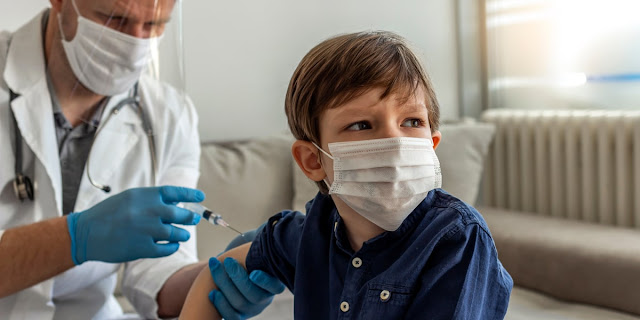What is Meningitis B and Why Don't Older Children Get the Vaccine?
What Is Meningitis B?
Meningitis is an
uncommon but serious disease, which attacks the lining of the spinal cord and
brain and can cause blood infection called septicaemia. It can prove to be
fatal due to rapid progress. It is a type of the meningococcal disease, which
is caused by the Neisseria meningitides, a kind of bacteria.
About 1 in 10 patients
of meningitis will sometimes die within 24 hours depending on the severity of
the symptoms. Some survivors can experience long-term, persisting disabilities
such as brain damage, kidney damage, hearing loss, problem regarding nervous
system, skin scarring and loss of limb function.
Meningitis Vaccine in UK
There was no vaccine
of Meningitis until recently. In fact, UK was the first to introduce the Meningococcal
B immunization in September 2015 as part of their NHS childhood immunisation
programme. The Meningitis vaccination
Northampton offers consist of three injections that residents
can avail and they are usually given to infants at 2 months of age, after which
booster doses are given at 4 months and 12 months of age.
The Meningococcal B
immunization is expected to safeguard children until the age of 4. However, the
Meningitis vaccination Northampton offers only protects against some of the
strains of MenB. There are some viruses and bacteria that can also cause
meningitis and the meningitis vaccine in UK will not have any effect whatsoever
or wipe out the meningitis disease complete.
Why Don't Older Children Get Vaccination
For Meningitis B?
Meningitis commonly
effects children under the age of one and cause symptoms such as vomiting,
fever, lethargy and food feeding. It can also cause blood poisoning and can be
identified from a tell-tale sign of purple rash.
The meningitis vaccine in UK
is not recommended for older children as it is very rare in children over the
age of four. However, there has been cases of meningitis in adolescents in the
recent years, but not as common as babies as they are at a high risk due to
lower immune protection from antibodies.
Babies build up
immunity slowly after being exposed to bacteria in the environment, while
teenagers carry this bacteria in their throat. The vaccination for meningitis B
is given in the UK based on its effectiveness for different age groups and who
is more likely to be infected.
According to the
laboratory confirmed cases, highest rates of disease are in children between
the age of 1-4 years of age due to which the government deems it cost effective
to vaccinate children under the age of 4 and not older kids.




Comments
Post a Comment